Losing a twin is a unique and profoundly painful experience, often misunderstood and seldom discussed.
For Kimberly Wright, 29, from Litchfield Park, Arizona, the death of her twin brother Dakota from a fentanyl overdose has been a harrowing journey of grief and healing. She decided to share a poignant insight into the emotional turmoil of becoming a "twinless twin" to Instagram on July 18, 2024, and was heartbroken to see through the comments that many others are navigating the same pain.
Twins tend to say that people who do not have a twin struggle to comprehend the close bond that they share. Wright said that twins are so "in sync" that they feel their connection on a spiritual and energetic level. She says that when a twin loses their twin, they lose half of their identity.
"I knew Dakota was about to pass away before he did, and there was nothing I could do about it at the time," Wright, who lost her brother in 2023, told Newsweek. "I felt the moment he became brain dead, before the doctors could even confirm it.
"I felt him leaving his body on an energetic level, and I know that may be hard for many to understand or believe because twin connections are not spoken about, because there are not that many twinless twins in the world."
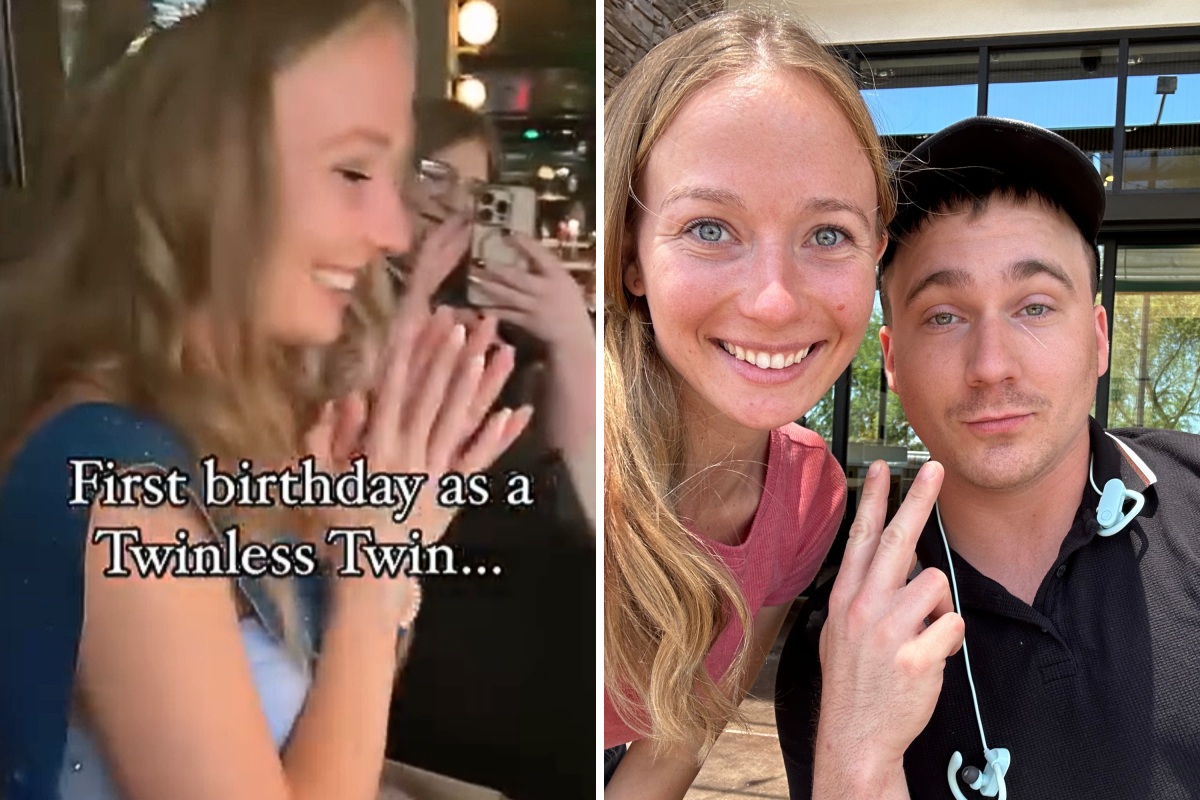
Through her journey of grief, Wright has found solace and purpose in helping others heal, becoming a certified grief movement guide and aspiring grief yoga teacher. She hopes to see greater awareness and support for those who lose a twin, calling on changes to the way we perceive the complex emotional landscape they face.
"My brother lost four friends and our older brother within a year, that man had a lot of grief and underlying emotional pain," Wright, who believes that unhealed grief can fester and lead to psychological turmoil, said. "He sought out drugs to cope with the pain he held within, and no one taught him how to regulate his nervous system, his emotions or even understand and work through them."
Wright's life was forever altered when Dakota passed away just three days after being discharged from rehab, following 120 days of sobriety. The pair were born together, adopted together at the age of three, and remained inseparable through the trials of being in and out of the care system.
"We were the only true family each other had," Wright said.
The loss of Dakota was not just the loss of a sibling but a fundamental part of Wright's identity. She recalls the heartbreaking moment she felt Dakota leaving his body as she returned from a vacation in California, a premonition confirmed by doctors shortly after.
"When a twin loses their twin the chemical reactions in their brain relate to the same chemical reactions in the brain as a mother losing a child," Wright said. "A part of you dies when they do, a whole part of your identity and what makes you who you are.
"You were both created together, one entity, two halves of a whole."
Her subsequent journey through grief has been anything but straightforward, and this feeling of isolation is what prompted her to share her experience online.
She had taken to Instagram on July 18, 2024 with a short clip of herself celebrating her "first birthday as a twinless twin." To her surprise, the post quickly went viral, and has amassed more than 73,000 likes to date.
"The comment section is where my heart broke," she said. "I see there are thousands of people struggling with becoming a twinless twin, or losing another loved one and they resonate with the pain I felt.
"People from all over the world reached out to me, and I to them, and in a way this post helped establish a safe community for others to heal too, becoming a safe space for others to feel heard and learn how to grow through grief."
Her path to healing involved confronting the deep emotional scars left by her brother's death, and addressing her own pain and trauma.
"Through the process of learning how to navigate my grief, I dove into grief therapy, eye movement desensitization and reprocessing (EMDR) therapy, and most importantly, yoga," she said.
EMDR therapy is a psychotherapy technique that can help people heal from traumatic life experiences, by recalling the event while making eye movements, usually following the movement of a practitioner's finger.
Wright says that EMDR therapy, and other practices, helped her manage her overwhelming emotions of anger, resentment, anxiety, and depression, adding that, "grief is a fear-based emotion."
Wright emphasizes the need for more education on how grief affects the body and brain at a cellular and chemical level. Her work now focuses on helping others heal through movement and meditation sessions, and community support.
"We are not meant to do things on our own; we are meant to grow and heal together," she said.
Dr. Max Doshay is a licensed clinical psychologist based in California. Doshay, who is also the CEO of mental health treatment center, Monima Wellness, validates Wright's pain.
"Twins form a strong bond already in their mother's womb, then, when they are born and grow older, they are usually always together, making this bond even stronger," Doshay told Newsweek. "That's why when one of the twins leaves this life, it drastically affects the other because they feel that this connection is now broken forever.
"Although siblings are also close, the bond is not as strong as with twins...Nothing will replace this genetic bond coming all the way from the mother's womb."
The psychologist says that everyone grieves differently, and there exists no step-by-step instruction manual to follow to ease feelings of sadness and emptiness.
"When losing a twin, a person might even experience survivor's guilt and be ashamed of being alone," he said. "These are all feelings that a person should acknowledge and work with.
"There's no running from grief, but only growing together with it, slowly and steadily, and giving this grief a place in your heart."
Before he had passed away, Dakota, whom Wright describes as having had a "heart of gold," had been listed as an organ donor. Wright says that his organs have since saved around four lives, aiding "countless others."
She hopes that his legacy can also help people emotionally, not just physically, by encouraging others to talk about loss—particularly twin loss.
"Online, I received a lot of compassion, empathy, and love from most of the people commenting, and I did not realize it, but because of them I also felt less alone, and it helped me heal too," she said. "I believe that grief should be made a part of everyday discussion just as easily as annoyances, joy, and love are.
"Grief should not be suppressed or repressed, as it is a normal part of our lives and a normal part of being human."

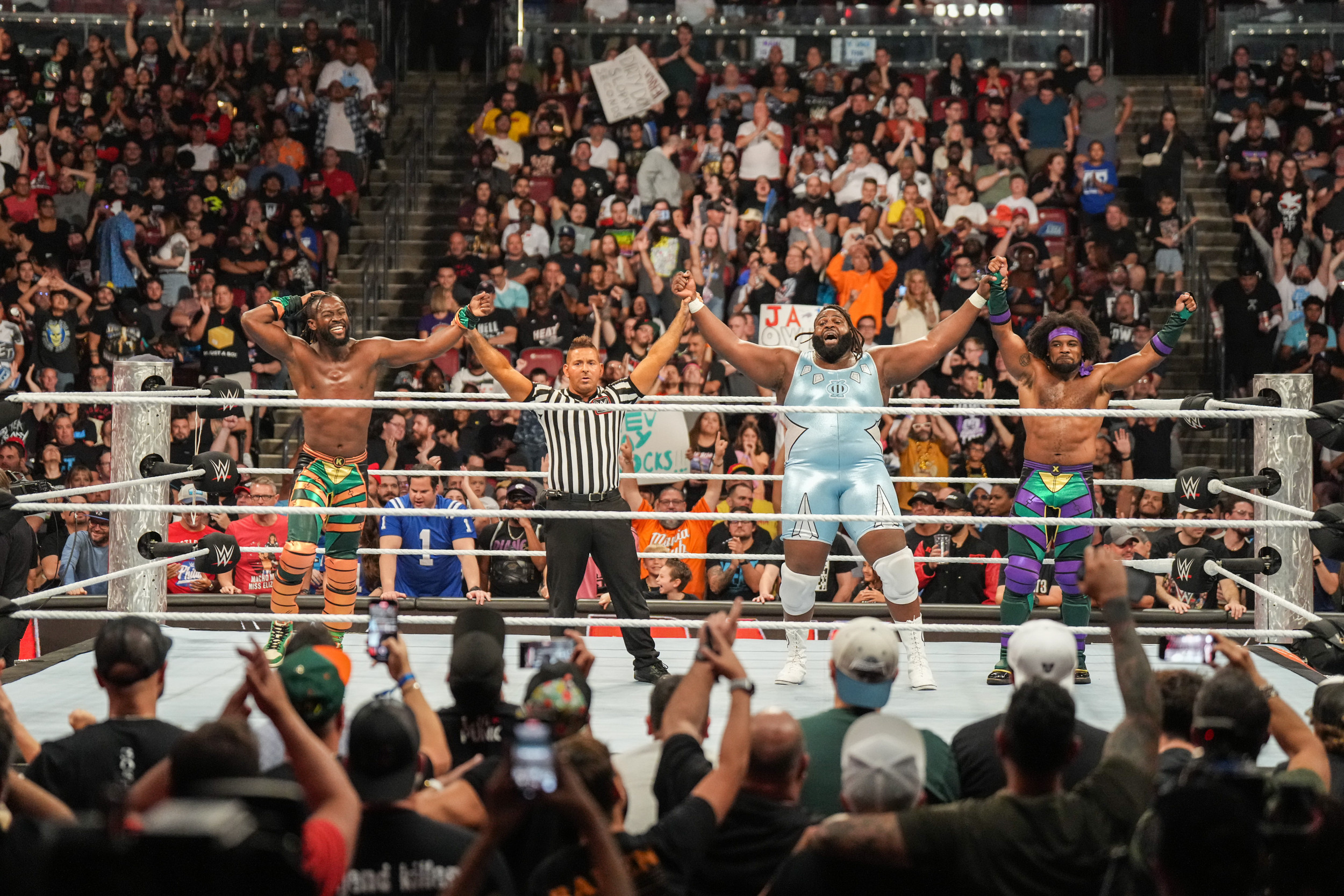
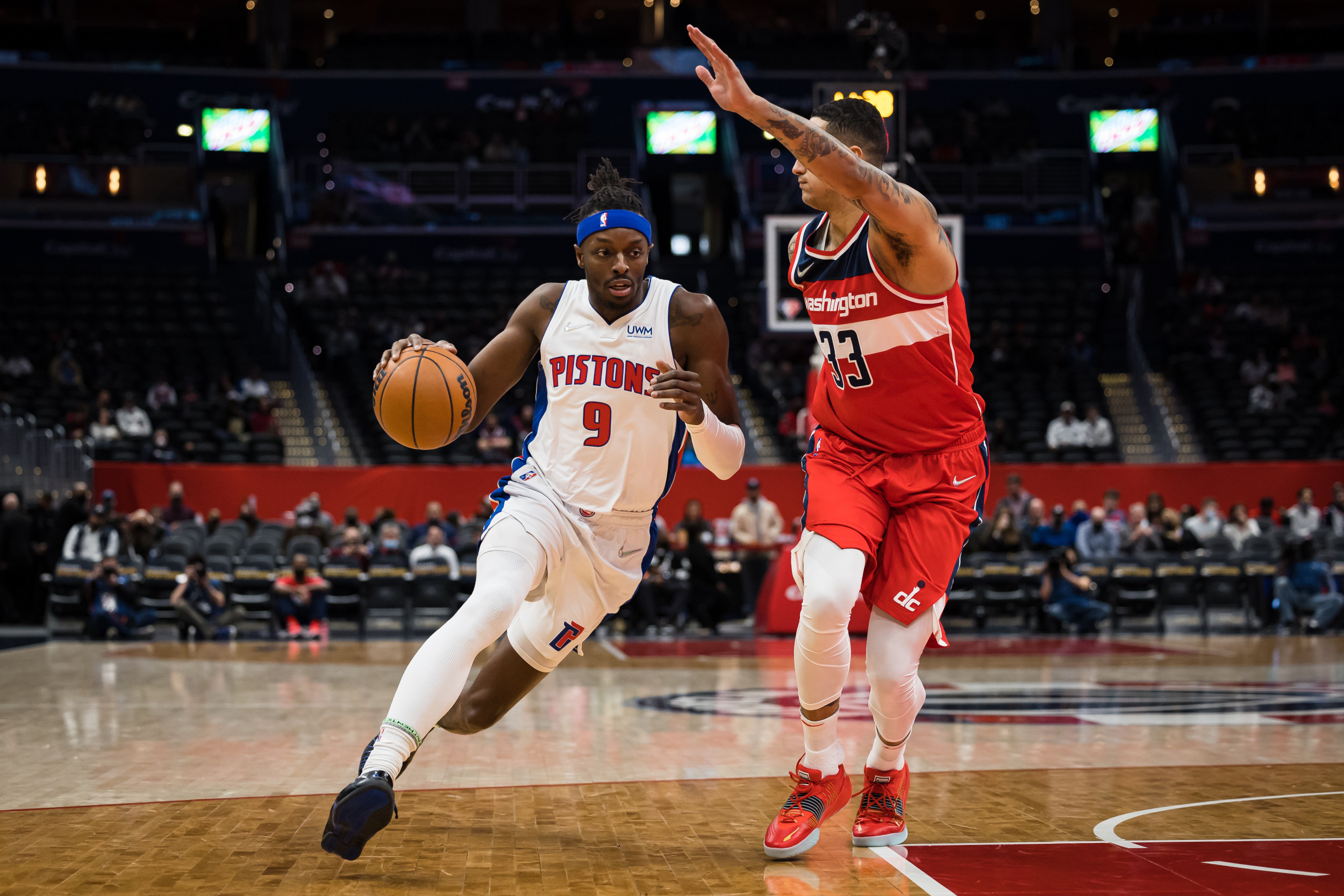

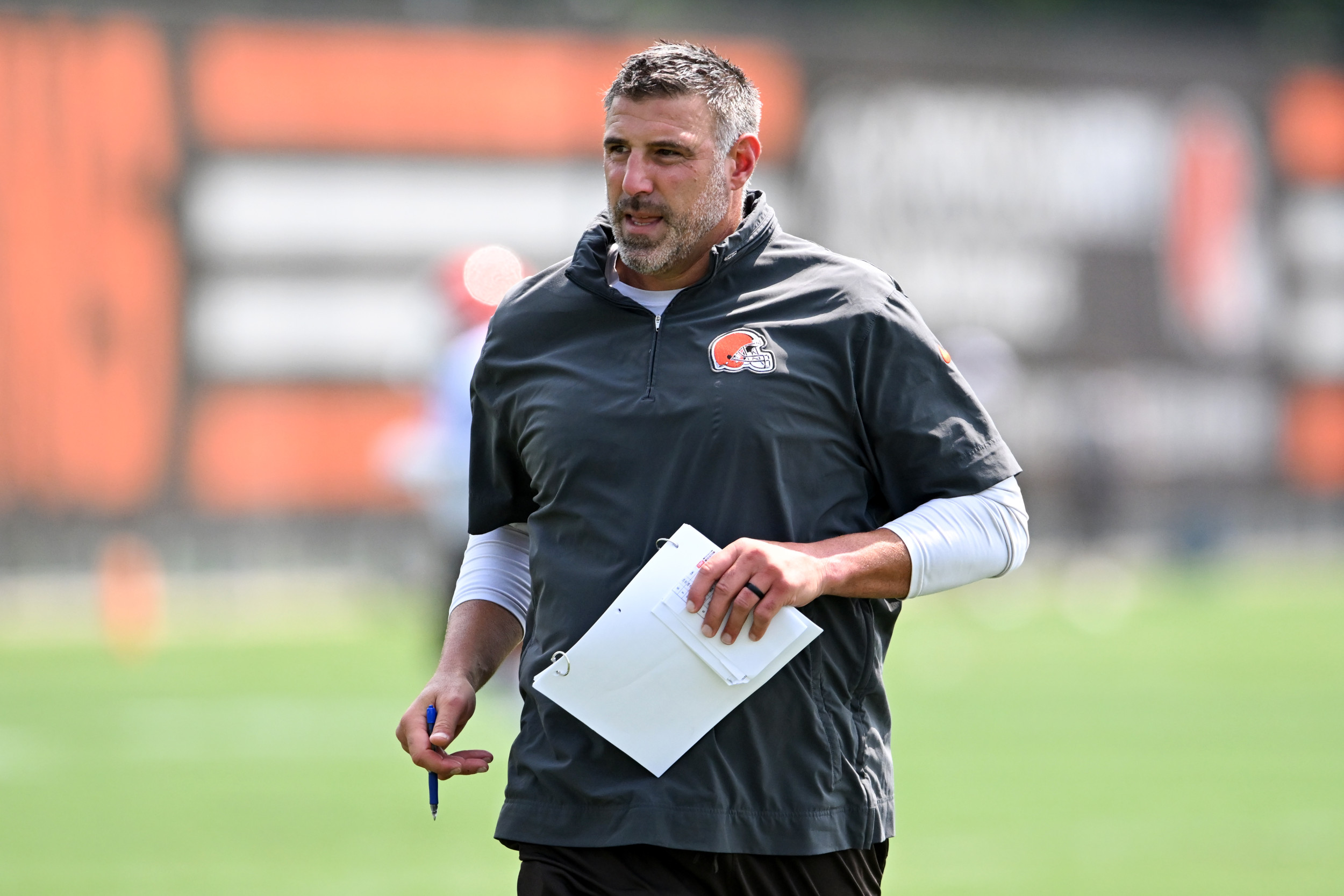

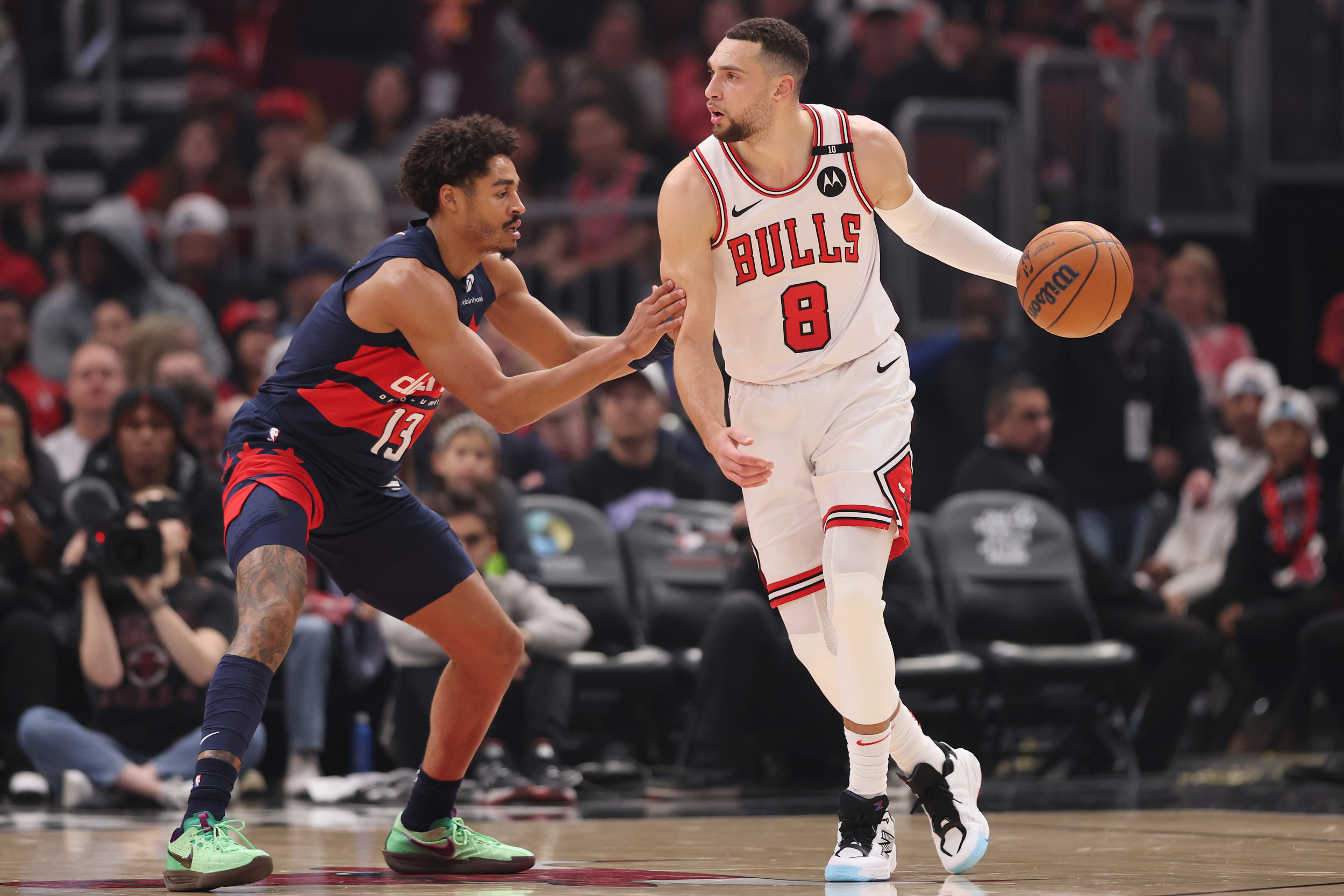
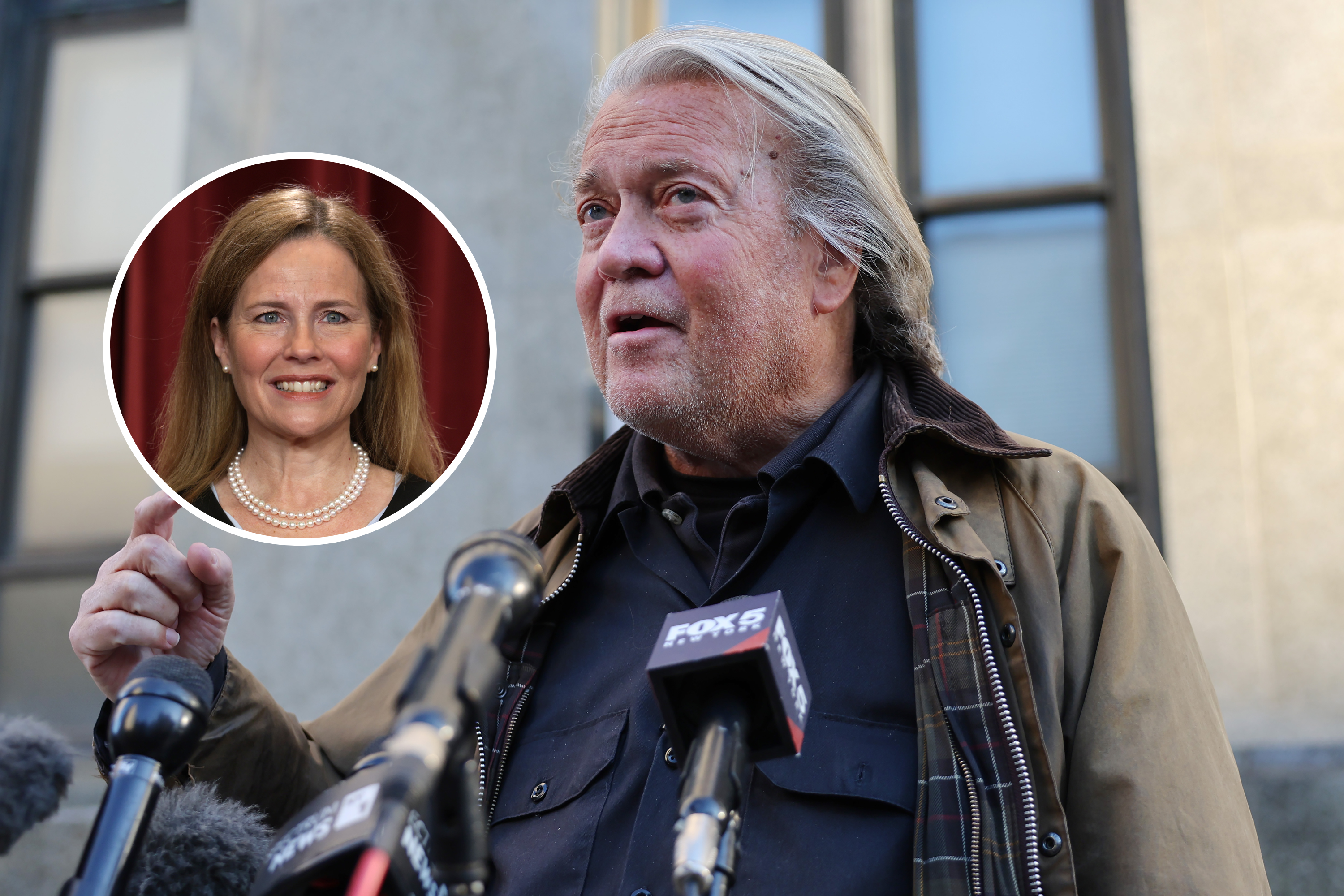

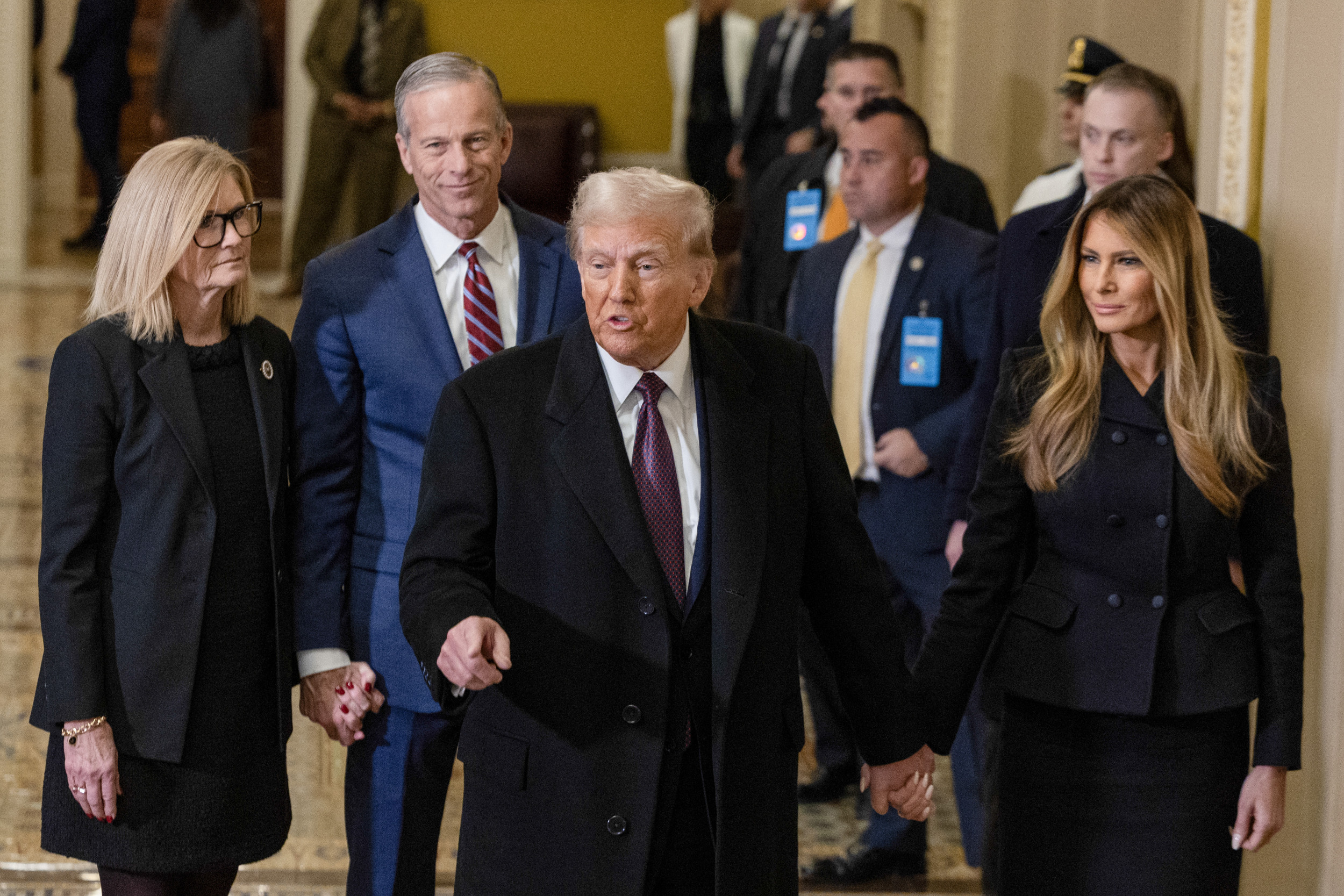










 English (US) ·
English (US) ·